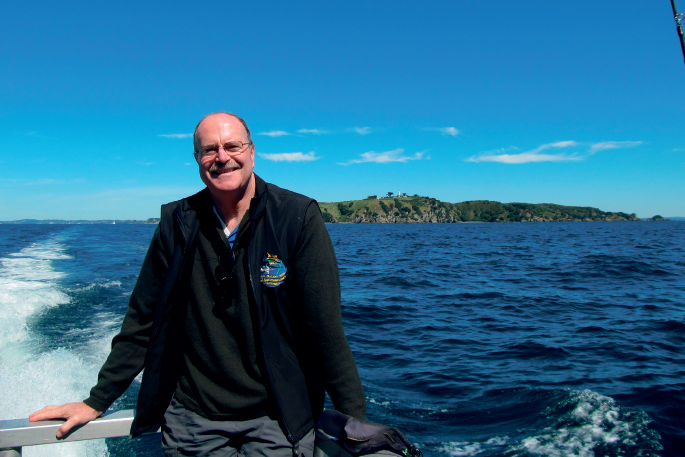Allowing commercial fishers to land fish of any size is not good fishers management.
That was the response from recreational fishers when Fisheries New Zealand suggested removing the minimum size limits for commercially caught fish such as snapper, tarakihi, trevally and flounder. In the Bay of Plenty some of these species are well below sustainable levels so the remaining fish need to be protected, to enable them to grow and breed.
Allowing commercial fishers to sell more small fish will also make it harder for amateurs to catch a fish for dinner, because minimum sizes would continue to apply to recreational catch.
Stocks depleted
Snapper and tarakihi stocks are depleted in the Bay but kingfish numbers are recovering thanks to the dedicated efforts of some of our leading charter boat skippers. Allowing the capture of undersized kingfish while retaining the 75cm minimum size for recreational fishers would be a major, highly unpopular set back.
LegaSea worked with the New Zealand Sport Fishing Council recently to develop a response to the Ministry’s proposals. FNZ made no mention of installing cameras on commercial vessels, yet cameras are the only realistic way to monitor what is caught and discarded at sea.
Smarter way needed
Before a minimum size limit is removed there must be adequate at sea monitoring and enforcement in place, requiring cameras on fishing vessels and increased resources for fisheries compliance staff. The research budget will also need to increase to enable active monitoring of the impacts on fish stocks. In real terms the research budget has declined by 45% since the early 1990s, while the number of quota stocks has increased by 3.5 times.
Rather than putting more fish at risk we must look for smarter ways to conserve our marine environment. Closing inshore areas to trawling and seining to protect small fish and seabed habitat would start us on the pathway to ecosystem based management fit for the 21st century.
Local representative
Peter Campbell is a LegaSea advocate based in Tauranga. He has also been a leader of the New Zealand Sport Fishing Council’s fisheries management team and the Tauranga Sport Fishing Club.
Drone fishing from the local beaches is his passion so Peter was actively involved in the Tauranga Council’s 2018 process to review beach bylaws. Public access to Tauranga beaches must be maintained in the interests of Bay residents and the broader Waikato community.
To achieve a positive outcome Peter and the team proposed a simple Code of Practice applying to all beach users. In September the Tauranga City Council announced its new rules which largely align with the Code of Practice. It is pleasing that sensible rules are now in place to manage people’s activities on the beach.
How can you help?
LegaSea wants you to get on board.
LegaSea wants to power you up with new knowledge and then have you share that info with family, friends and colleagues.
Please: Sign up to receive digital newsletters and learn more. Donate or become a regular contributor LegaSea Legend. Get others involved – share our Facebook posts. Join the team - find out how to get more involved.



0 Comments
Leave a Comment